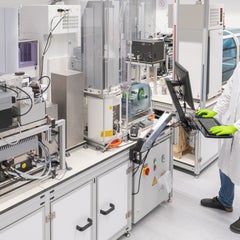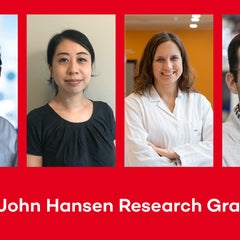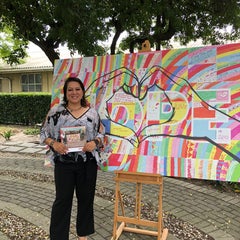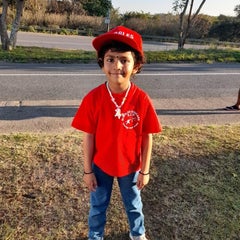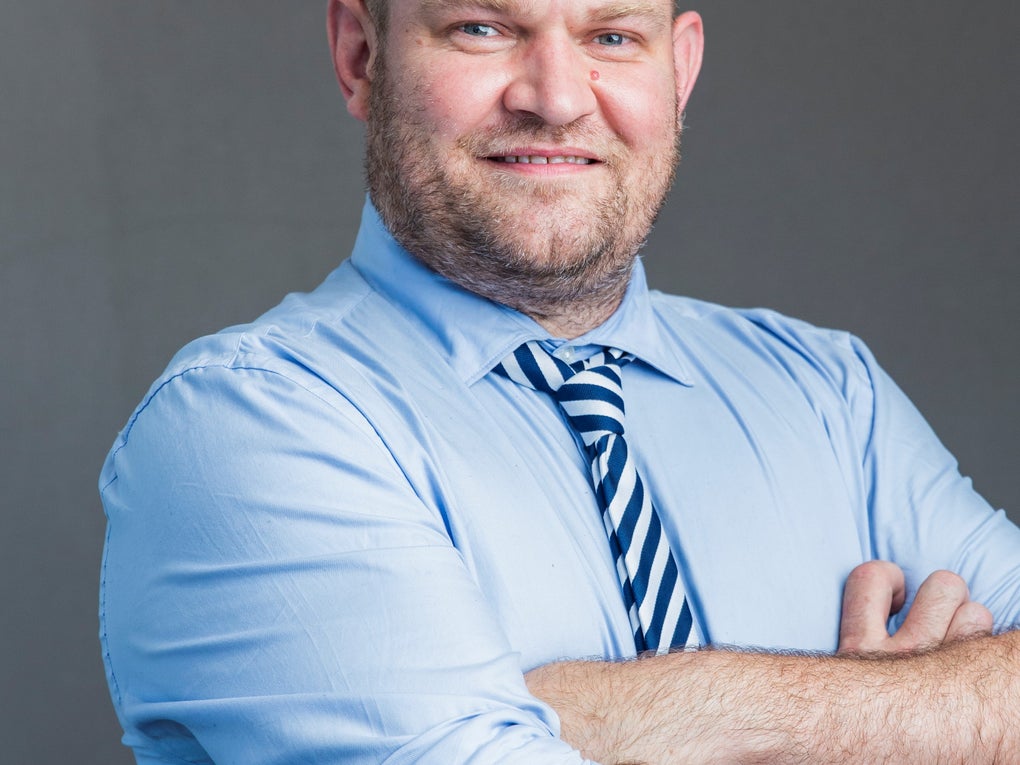
Blood cancer patients in dire need of better support structures
(Cape Town, 29 March 2022): Dr Theo Gerdener, Medical Director at DKMS Africa, says every year, Human Rights Day provides an opportunity for South Africans to interrogate their constitutional right to healthcare, especially for those living with blood cancers and requiring life-saving blood stem cell transplants.
While South Africans recently observed Human Rights Day, the notion of basic human rights continues to be a global topic of contention, particularly as the World Health Organisation asserts that health is a fundamental human right1.
The organisation's Director-General, Dr Tedros Adhanom Ghebreyesus, expands on this notion well, explaining that the enjoyment of the highest attainable standard of health is one of the fundamental rights of every human being without distinction of race, religion, political belief, economic or social condition1.
In South Africa, the public’s right to health is protected by Section 27a of the Constitution, which declares that everyone has the right to have access to healthcare services2. While this is embedded in our rights as citizens of the country, it is often our own misinterpretations and the failures of providers that lead to the collapse of such rights.
The right to adequate healthcare is particularly relevant when addressing dreaded diseases such as cancers, where specialised medical interventions can prolong or save a life. Most notable is the need for interventions to address more pressing cancers such as Haematologic malignancies - more commonly referred to as blood cancers. These cancer types are orphan diseases and are not nearly as common as the more predominant types such as breast and prostate cancer.
While all cancers require immediate intervention, once blood cancer is detected in a patient, the clock starts ticking to seek appropriate treatment. While conventional intensive treatments such as chemotherapy have proven useful, they can only drive the disease into remission, and have a high likelihood of relapse.
Treatments such as blood stem cell therapy have a high probability of eradicating the disease from an infected patient, however, the procedure has been met with several challenges in South Africa.
First off, the South African Department of Health promulgated the Medical Schemes Act 131 in 1998, which featured an annexure that defines what stem cell transplantation is and how patients would qualify. It is also noted that the Act will be reviewed and updated every two years, however, to date, this has not been updated.
While the cost of treating blood cancer is expensive, with a single blood stem cell transplantation for a patient with leukaemia amounting to the same as treating hundreds of patients with chronic illnesses such as HIV and tuberculosis, not attending to them infringes on their right to healthcare. The outcomes of blood stem cell therapy are excellent, and the procedure is no more expensive than providing dialysis to a patient with chronic kidney failure for one year.
Lastly, there is a dearth of haematologists in South Africa, with only a handful being trained and a scarcity of haematology centres in the country. Currently, there are a few haematologists practising in South Africa, and it is for this reason that we as haematologists are always engaging with universities to train and create more positions for the profession.
Doing so will allow us to increase our geographical availability, and enable us to attend to patients in rural areas who do not have the luxury of going to nearby healthcare facilities or the finances to travel to facilities in urban areas to seek specialised medical intervention.
There are two steps to consider that will ensure that South Africans dealing with blood cancer are afforded their constitutional right to access healthcare and protect their right to human dignity. It begins with the updating of Prescribed Minimum Benefits (PMBs) - a set of defined benefits to ensure that all medical scheme members have access to certain minimum health services - in the National Health Insurance (NHI) Bill.
The next step is to continue creating awareness around blood cancers and informing South Africans about how they can become involved in saving the life of another. We envision the public becoming advocates for life-saving blood stem cell transplants in fending off blood cancers, and this is where DKMS Africa plays a pivotal role.
DKMS Africa provides a second chance at life for more than 22 patients every day, and while these numbers are admirable, doctors have to scour the registries for matching donors. Often, a patient's siblings have a 25% probability of being a match, however, in a country such as South Africa, siblings often don't have the same mothers or fathers, and many of the population don’t have full siblings. This makes seeking treatment that much more difficult. While the next step would be to seek an unrelated donor, for many this cannot become reality, with the state not paying for procedures linked to unrelated donors.
The donor registration process takes less than seven minutes to offer someone new hope. After registering online, DKMS Africa couriers a swab kit to potential donors free of charge, and once a swab has been collected, the sample is sent to the organisation’s laboratory for HLA typing.
For more information kindly visit www.dkms-africa.org
References:
1. Health is a fundamental human right [Internet]. [cited 2022 Mar 22]. Available from: https://www.who.int/news-room/commentaries/detail/health-is-a-fundamental-human-right
2. [No title] [Internet]. [cited 2022 Mar 22]. Available from: https://www.justice.gov.za/legislation/constitution/saconstitution-web-eng.pdf
